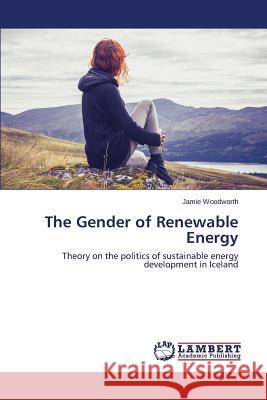The Gender of Renewable Energy » książka
The Gender of Renewable Energy
ISBN-13: 9783659716812 / Angielski / Miękka / 2015 / 76 str.
The role of women in sustainable development has largely been marginalized within the worldwide political milieu. However, with increasing women's leadership in the policy realm, gender analysis takes on a new relevance. My research investigates how gender representation and feminine versus masculine modalities of governance impact the adoption and formation of renewable energy policy, and shape environmental discourses. Today, women, inside and outside of government, play an increasing role in global sustainability initiatives. Applying gender to political analysis can help elucidate how to advance the development of a sustainable energy future. I elaborate on the gender politics of sustainability through a feminist analysis of value systems, democracy and power, and environmental discourses. In particular, my research explores sustainable energy development in Iceland, and how their political successes are informed by gender representation and alternative geographies of power.
The role of women in sustainable development has largely been marginalized within the worldwide political milieu. However, with increasing womens leadership in the policy realm, gender analysis takes on a new relevance. My research investigates how gender representation and feminine versus masculine modalities of governance impact the adoption and formation of renewable energy policy, and shape environmental discourses. Today, women, inside and outside of government, play an increasing role in global sustainability initiatives. Applying gender to political analysis can help elucidate how to advance the development of a sustainable energy future. I elaborate on the gender politics of sustainability through a feminist analysis of value systems, democracy and power, and environmental discourses. In particular, my research explores sustainable energy development in Iceland, and how their political successes are informed by gender representation and alternative geographies of power.











